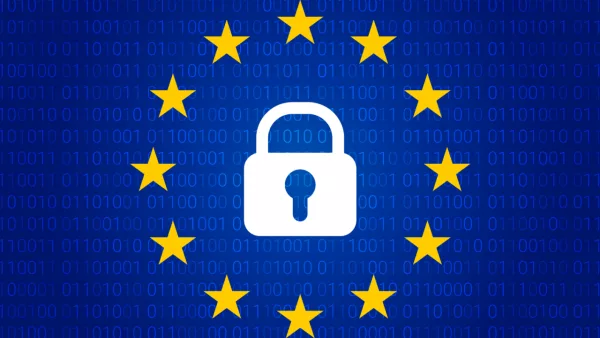On August 25th, the European Union officially implemented the Digital Services Act (DSA). As of now, it only encompasses large companies with significant online influence, with its metrics set to expand in February 2024. Although the Act was first introduced last October, it was only recently put into practice. The new law is easy to overlook; however, its implications may prove to be of great importance.
According to the official statement issued by the EU, the DSA and DMA (Digital Markets Act) “aim to create a safer digital space where the fundamental rights of users are protected and to establish a level playing field for businesses.” Essentially, the acts place a higher importance on the security of users’ information and enforce a tighter grip on illegal content online. Everything from simple websites to internet infrastructure services and online platforms is considered “digital services” and falls under the DSA. However, the focus is placed on digital marketplaces and networks where information is shared. The purpose is to tackle the trade of illegal goods, services, and content online.
What does this mean for firms? Put simply, more responsibility and less control over information. The connection between EU authorities and online platforms has strengthened in a legal and administrative sense, with the latter now obliged to immediately remove content that the authorities flag as illegal. Additionally, it must be made easy for online users to report such content themselves. Likewise, online marketplaces such as Amazon and Aliexpress must be prepared to take down sales of illegal products or services. Very large online platforms (VLOPs) are required to provide detailed reports regarding the state of control over such content and the general cybersecurity of their users. Finally, platforms must publicly disclose information about their content moderation teams.

Aside from the emphasis placed on the fight against illegal content, companies now feel more responsibility to protect personal data. It is no longer legal to collect data for marketing purposes without the consumers’ consent, and the DSA bans the targeting of online ads based on personal information such as gender, nationality, religion, etc. Furthermore, collecting personal data from teenagers and children is outright illegal.
Further limiting their marketing capabilities, the DSA has taken away the right of companies to provide their own products with preferential treatment in shopping rankings on online markets, as well as obliging them to offer a selection of app stores rather than forcing exclusivity. Generally speaking, the democratization of online shopping will be increased, and consumers will be better protected against monopolistic ambitions. Messaging apps will also become increasingly interoperable with others on mobile devices.
At the time of writing, the DSA only applies to a few dozen of the largest companies on the internet. In order for a company to fall under this umbrella, it must host over 45 million users and earn at least 7.5 billion euros in annual revenue. Alternatively, if a company has a market capitalization of 75 billion euros or more, it will be considered as well. In the case of a breach of the act, firms risk paying 6% of their global turnover in fines. These regulations will be expanded to smaller firms in mid-February 2024, but those firms are already expected to prepare a compliance plan for easier expansion later on. The DSA applies to companies operating in the EU, regardless of their original location of establishment.
GlobalData’s 2023 thematic intelligence report on technology regulations shows that there are 12 main areas that the DSA will target with its policies: data security, data privacy, antitrust, tax avoidance, misinformation, online harm, AI ethics, copyright, net neutrality, US-China tech sanctions, ESG, and obstruction of justice. There is a general consensus that this entire undertaking is bringing the “EU’s values to the internet.”
The DSA was brought forward following a widespread attempt by countries to fight against the problems associated with the internet in their own individual ways, with some countries issuing their own laws on similar premises compared to this one. Overall, the Digital Services Act is essentially acting as an update to the already-existing Electronic Commerce Directive, put into power in 2000. Its general objective is noble, but the implementation remains to be seen and assessed, especially among the firms with more prominent market presences.







